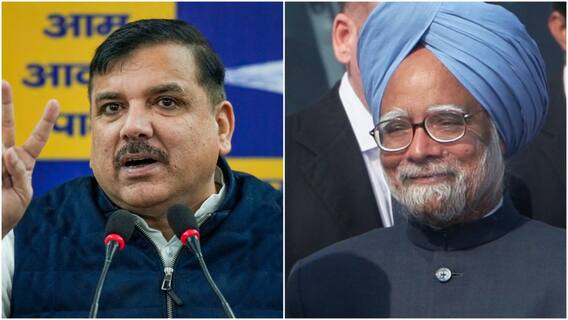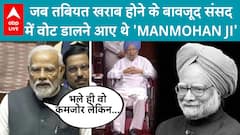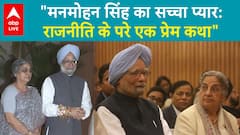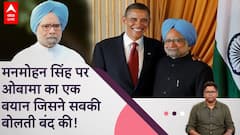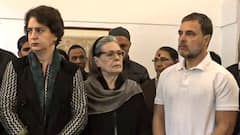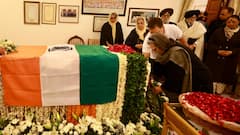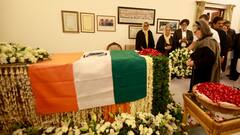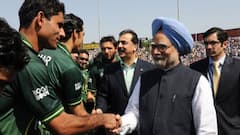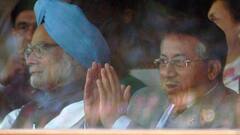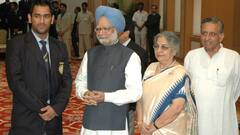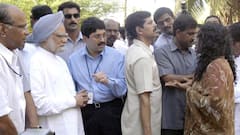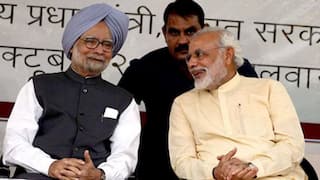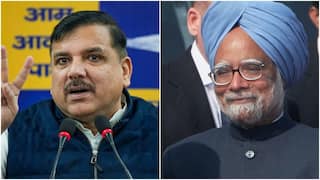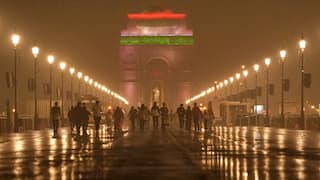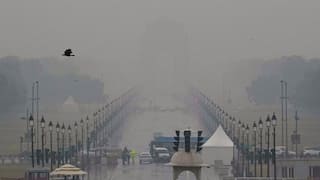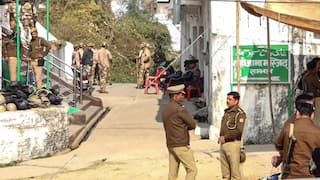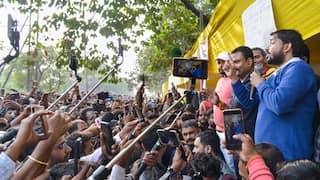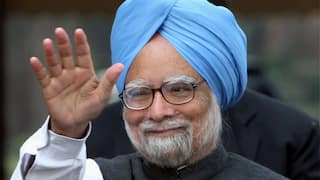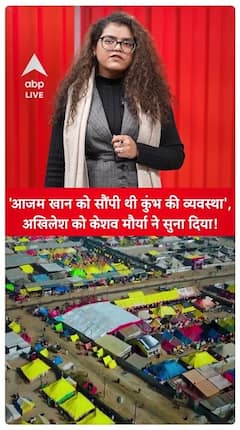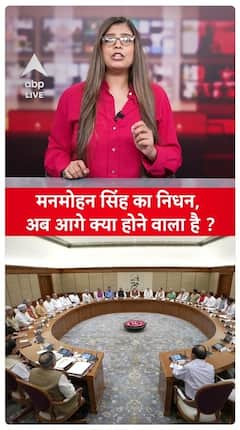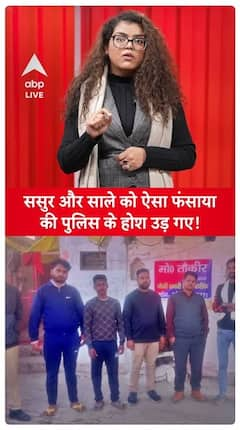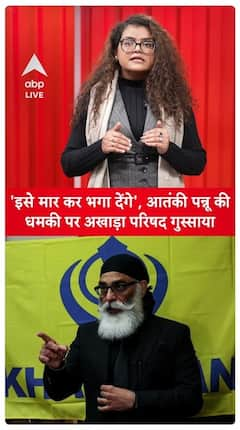Explorer
Advertisement
Delhi Govt Gives Nod To Prosecute Ex-JNUSU President Kanhaiya Kumar In 2016-Sedition Case
The Delhi Police Special Cell on February 19 wrote to the Delhi Home Secretary requesting to 'expedite' the process of grant of sanction in the JNU sedition case involving former JNUSU President Kanhaiya Kumar.

The file was said to be pending with AAP minister Satyendar Jain, who also handles the Home portfolio. (File Photo/ AFP)
New Delhi: The Aam Aadmi Party (AAP)-led Delhi government gave a go-ahead to state police to prosecute former Jawaharlal Nehru University Student Union (JNUSU) president Kanhaiya Kumar and two other in connection with the 2016-sedition case on Friday. "We have received the sanction from the Delhi government to prosecute Kanhaiya Kumar and others in this case," a senior police officer told news agency IANS.
The Delhi Police Special Cell on February 19 wrote to the Delhi Home Secretary requesting to 'expedite' the process of grant of sanction in the JNU sedition case involving former JNUSU President Kanhaiya Kumar.
The development comes weeks after Delhi chief minister Arvind Kejriwal assured that his government will take an early decision on grant of sanction to prosecute Kanhaiya in the sedition case. A Delhi Court had asked Delhi Police to file a status report on April 3.
The Court had asked the Delhi government to file a status report relating to the issue of pendency of sanction in the JNU sedition case to prosecute student leader Kanhaiya Kumar and others. Additional Chief Metropolitan Magistrate Purshottam Pathak has also directed Delhi Police to send a reminder to the government. The file was said to be pending with AAP minister Satyendar Jain, who also handles the Home portfolio and is responsible to take decisions in such matters. On the previous date of hearing, the Kejriwal government had informed the court that no decision had been taken yet. The public prosecutor has filed a reply by submitting a letter in the court. ALSO WATCH | JNU Sedition Case: Court Seeks Report From Delhi Govt On February 9, 2016, "anti-national" slogans were allegedly raised at the Jawaharlal Nehru University campus during a programme called to protest against the death sentence handed out to Afzal Guru, a convict in the 2002 Parliament attack. The 1,200-page charge sheet filed by the Delhi Police Crime Branch names 10 JNU students, including Kanhaiya Kumar, Umar Khalid, Anirban Bhattacharya and seven Kashmiri students, as the main accused in the case. The charge sheet says the Regional Forensic Science Laboratory (RFSL) retrieved the SMS sent by Umar Khalid to Kanhaiya Kumar to arrive at Sabarmati Dhaba, JNU, as their permission (to hold the protest) had been cancelled by the University administration. The final pages of the charge sheet also confirm the presence of Kashmiri students during the protest and that they were in contact with Umar Khalid. (With additional inputs from agencies)Raghav Chadha, AAP MLA: We fundamentally believe that the govt is not the agency or the authority that should be deciding on the merits of these matters. It is the court and the function of the judiciary to ultimately decide on these matters. https://t.co/jkIvs27lsP
— ANI (@ANI) February 28, 2020
Follow Breaking News on ABP Live for more latest stories and trending topics. Watch breaking news and top headlines online on ABP News LIVE TV
View More
Advertisement
Trending News
Advertisement
Advertisement
Top Headlines
India
India
Cities
Cities
Advertisement


Saswat PanigrahiSaswat Panigrahi is a multimedia journalist
Opinion




